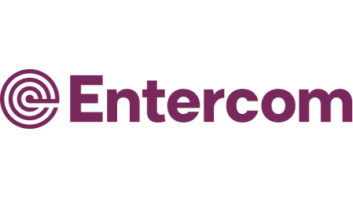 The Federal Communications Commission has announced a proposed fine of $20,000 against Entercom for broadcasting an Emergency Alert System tone in 2018 during a skit on WNEW(FM) just hours before nationwide tests of WEA and EAS.
The Federal Communications Commission has announced a proposed fine of $20,000 against Entercom for broadcasting an Emergency Alert System tone in 2018 during a skit on WNEW(FM) just hours before nationwide tests of WEA and EAS.
The rules prohibit airing real or simulated EAS codes and attention signals unless it’s an actual emergency, a test or a qualified PSA.
Radio World reached out to Entercom and will report any comment.
In October 2018 FEMA scheduled a Wireless Emergency Alert test message to mobile devices throughout the country, and immediately followed with a live test of the EAS. But earlier that morning, in drive time in New York City, Entercom used an emergency tone during the “Karen & Jeffrey” program to lampoon the pending test.
The FCC said that Entercom has acknowledged airing the Attention Signal. It said the skit was produced by an employee who first had included the EAS Header Code in an initial version of the skit. “After the host of the radio show and the station program direction identified the use of the EAS Header Code as problematic and something that must be removed from the segment,” the FCC wrote, “the employee replaced it with approximately one second of the Attention Signal. The station program director approved the revised segment for air.”
[COVID-19 and Emergency Alerting Best Practices]
It said this case is “specifically the type of behavior” that the rules seek to prevent.
“The unauthorized and inappropriate use of the EAS Tones may confuse people or lead to alert fatigue, resulting in people ignoring potentially life-saving warnings and information. We find that an average listener could reasonably mistake the airing of part of the Attention Signal for an actual EAS alert.” It said the rules prohibit such appropriation because non-emergency uses actually dilute their real meaning over time.
The FCC acknowledged that this was a single violation and a single transmission that apparently caused no downstream EAS activation. But it also pointed to the reach of the WNEW signal. “The fact that Entercom’s programming reached potentially vast audiences increases the extent and gravity of the violation and therefore supports an upward adjustment” in the proposed fine.
Entercom has 30 days to pay or reply in appeal.
The Notice of Apparently Liability for Forfeiture is available here.






